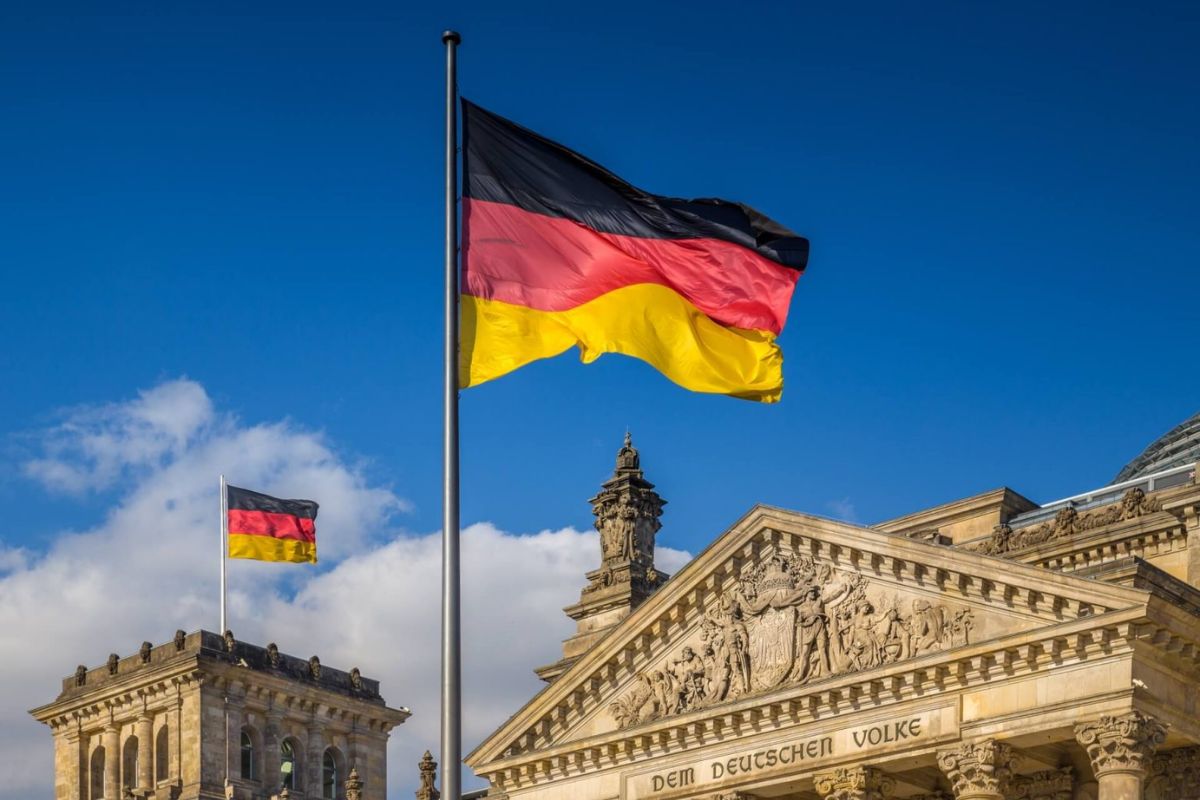Germany’s job market is booming, and they’re looking for skilled workers to fill the gaps. To attract top talent, they’ve just implemented a brand new immigration law, the Skilled Immigration Act, which makes it easier than ever for qualified individuals to live, work, and settle in Germany.
Here’s a breakdown of the key changes that benefit you, the skilled worker:
Extended Opportunities for Skilled Workers
1. Continuation and Extension of the EU Blue Card: The EU Blue Card, which facilitates the employment of university graduates, will continue under the new law with some enhancements. This initiative aims to maintain Germany as a top destination for highly educated professionals.
2. Introduction of the Opportunity Card (Chancenkarte): A notable addition is the Opportunity Card (Chancenkarte), which allows third-country nationals to seek employment in Germany. This card is a gateway for non-EU citizens to explore job opportunities in the country.
Flexible Residence Permits
3. Extended Adaptation Period: The initial 18-month residence permit for completing adaptation measures will now be extended to 24 months. This permit can be further extended by 12 months, providing a maximum residence period of three years. This change offers greater flexibility for employers and employees alike.
4. Increased Secondary Employment Hours: The new law doubles the allowable hours for secondary employment during qualification measures from 10 to 20 hours per week. This adjustment helps skilled workers integrate into the labour market more easily.
New Pathways to Recognize Foreign Qualifications
5. Recognition Partnership: Under the recognition partnership, applicants can receive a residence title for qualified employment while completing the necessary recognition procedures after entering Germany. Requirements include an employment contract, a recognized professional qualification or university degree, and German language skills at level A2.
6. Skills Analysis Entry: Individuals needing a skills analysis to determine the equivalence of their foreign qualifications can obtain a six-month residence permit. German language proficiency at level A2 or better is required.
Employment Opportunities for Skilled Workers
7. Expansion to Non-Regulated Professions: The employment of individuals with practical professional knowledge now extends to all non-regulated professions across various sectors. Applicants must have a recognized professional qualification or university degree and at least two years of work experience in their field. A job offer must ensure an annual gross salary of at least €40,770 (as of 2024).
8. Eased Requirements for IT Specialists: For IT specialists, the required professional experience is reduced to two years. Neither a professional qualification nor a university degree is required, and language skills are not a visa requirement if the job offer meets the salary threshold of €40,770 per year.
Enhanced Support for Healthcare Workers
9. Access for Nursing Assistants: Nursing assistants from third countries with less than three years of regulated training can now work in Germany’s health and care sector, broadening access to the labour market for healthcare professionals.
Streamlined Settlement Permits
10 Quicker Settlement for Skilled Workers: Foreign professionals with a residence permit can obtain a settlement permit after three years, reduced from four. EU Blue Card holders can secure a settlement permit after 27 months of employment, or 21 months with B1-level German proficiency.
11. Special Provisions for Domestic Graduates: Those who have completed their education in Germany can apply for a settlement permit after two years of holding a residence permit as a qualified professional. The settlement permit grants permanent validity and the right to gainful employment.
Simplified Family Reunification
12. Easier Reunification Process: Spouses and minor children joining skilled workers in Germany will no longer need to provide sufficient living space. Additionally, these workers can bring their parents and, if applicable, their parents-in-law to Germany under specific conditions starting from March 1, 2024.
Supporting Start-Up Entrepreneurs
13. Residence Permits for Start-Up Grant Holders: Skilled workers receiving start-up grants from German research organizations or public bodies can now obtain a residence permit for up to 18 months to establish a business in Germany.
Final Words
Germany’s new Skilled Immigration Act introduces comprehensive changes designed to attract and retain skilled workers, making the country more accessible and appealing to international talent. These updates promise to bolster Germany’s workforce and contribute to its economic growth.
Follow and connect with us on Facebook, Twitter, LinkedIn, Instagram and Google News for the latest travel news and updates!





